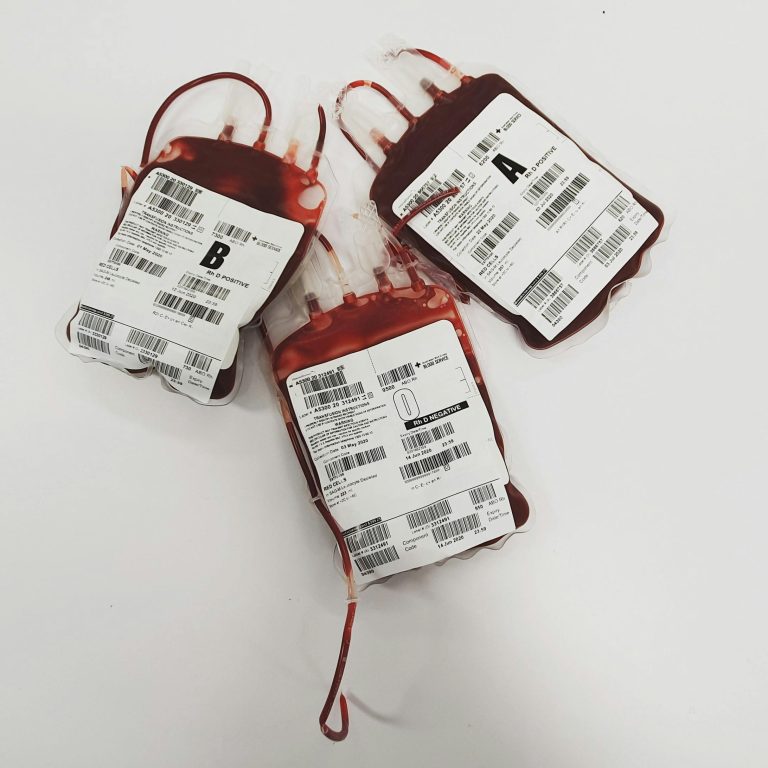Iron deficiency anemia is a condition in which the body lacks sufficient iron to produce adequate hemoglobin, the protein in red blood cells responsible for transporting oxygen. Reduced oxygen delivery to tissues and organs causes a range of symptoms that can affect daily life.
This condition typically results from inadequate dietary intake of iron, chronic blood loss, or an increased demand for iron that the body cannot meet. Gastrointestinal bleeding from ulcers or polyps, heavy menstrual periods, and frequent blood donations are common causes. In some cases, conditions like celiac disease can hinder iron absorption, contributing to anemia.
Globally, it is estimated that 40% of all children aged 6–59 months, 37% of pregnant women, and 30% of women 15–49 years of age are affected by anemia. Low- and lower-middle-income countries bear the greatest burden of anemia, particularly affecting populations living in rural settings, in poorer households, and who have received no formal education. Anaemia caused 50 million years of healthy life lost due to disability in 2019. The largest causes were dietary iron deficiency, thalassemia and sickle cell trait, and malaria.
Symptoms of iron deficiency anemia include persistent fatigue, weakness, pale skin, shortness of breath, and dizziness. Some individuals may experience brittle nails, cold extremities, or unusual cravings for non-food substances like ice or dirt, a condition known as pica.
Prevention involves consuming a balanced diet rich in iron, such as lean meats, spinach, and fortified cereals, paired with vitamin C to enhance absorption. Treating the underlying causes of iron deficiency is essential, and in severe cases, iron supplements or intravenous therapy may be required to restore normal levels.
Iron deficiency anemia is a treatable condition. With proper diagnosis, a nutrient-rich diet, and appropriate medical care, individuals can recover and maintain good health.
Reach out to us via WhatsApp or book a consultation at one of our clinics for a more detailed diagnosis and sustainable solutions moving forward.
Read our other articles here.
- IGAKUhttps://igaku.co/blog/author/igaku/
- IGAKUhttps://igaku.co/blog/author/igaku/
- IGAKUhttps://igaku.co/blog/author/igaku/
- IGAKUhttps://igaku.co/blog/author/igaku/


